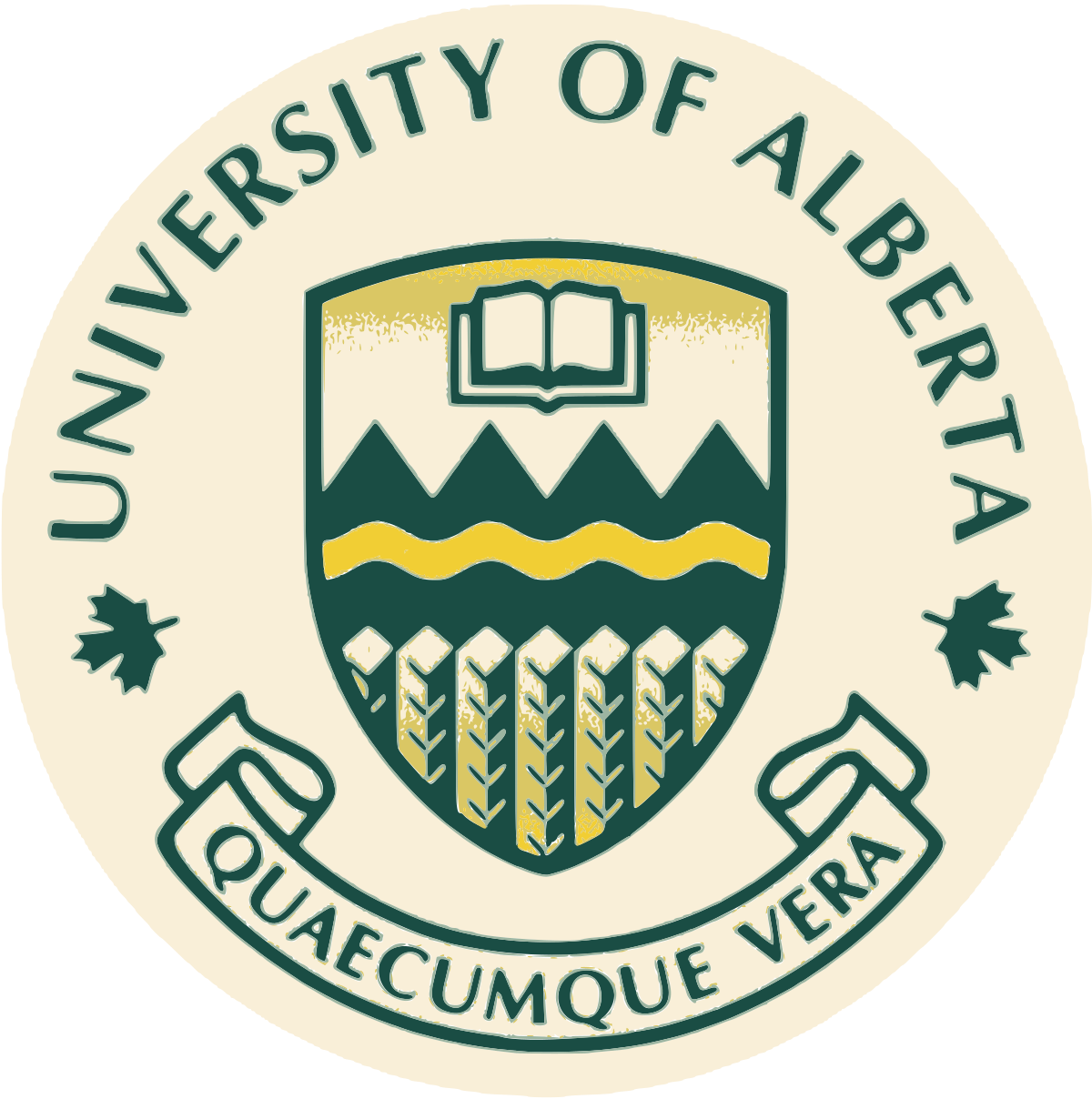
BSc in Human Ecology (Clothing, Textiles and Material Culture)
University of Alberta, Edmonton


University of Alberta, Edmonton

BSc in Human Ecology (Clothing, Textiles and Material Culture)
University of Alberta, Edmonton
It is a top-ranked institution verified by QS
Degree
Undergraduate
Duration
48
Course Type
With Co-op
Co-op education gives you real-world experience in a job related to your studies.
INR
20.96L
USD 24662
1st Year Tuition Fees